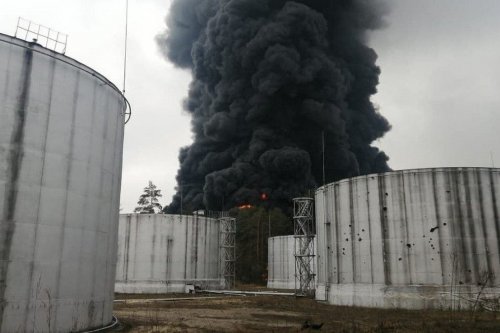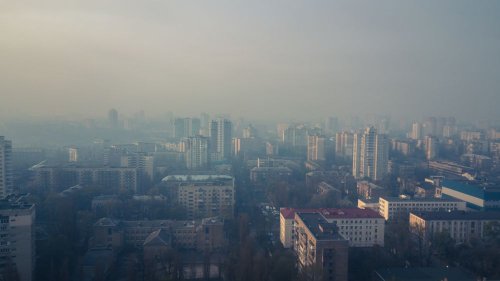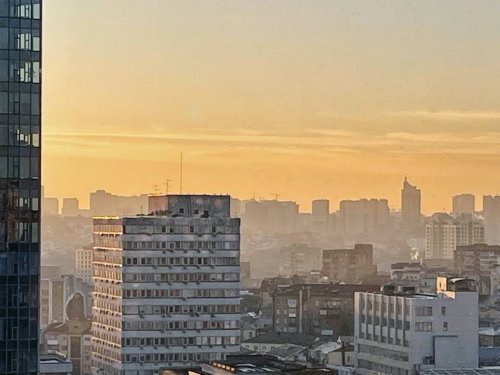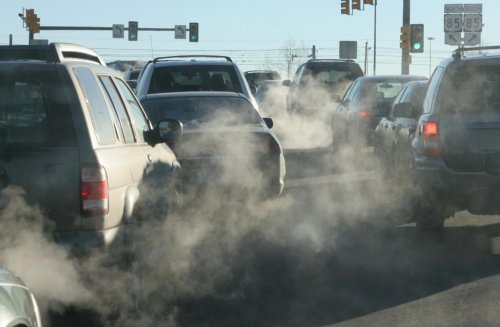The annual IQAir report showed that in 2023, air quality in only seven out of 134 countries met the World Health Organization's recommendations for annual dust concentrations of PM2.5 to 5 µg/m3.
Ukraine ranked 107th in the pollution ranking with an indicator of 8.6 µg/m3, but in 2022 it reached 9.7 µg/m3, and in 2021 – 18.5 µg/m3, the IQAir report says.
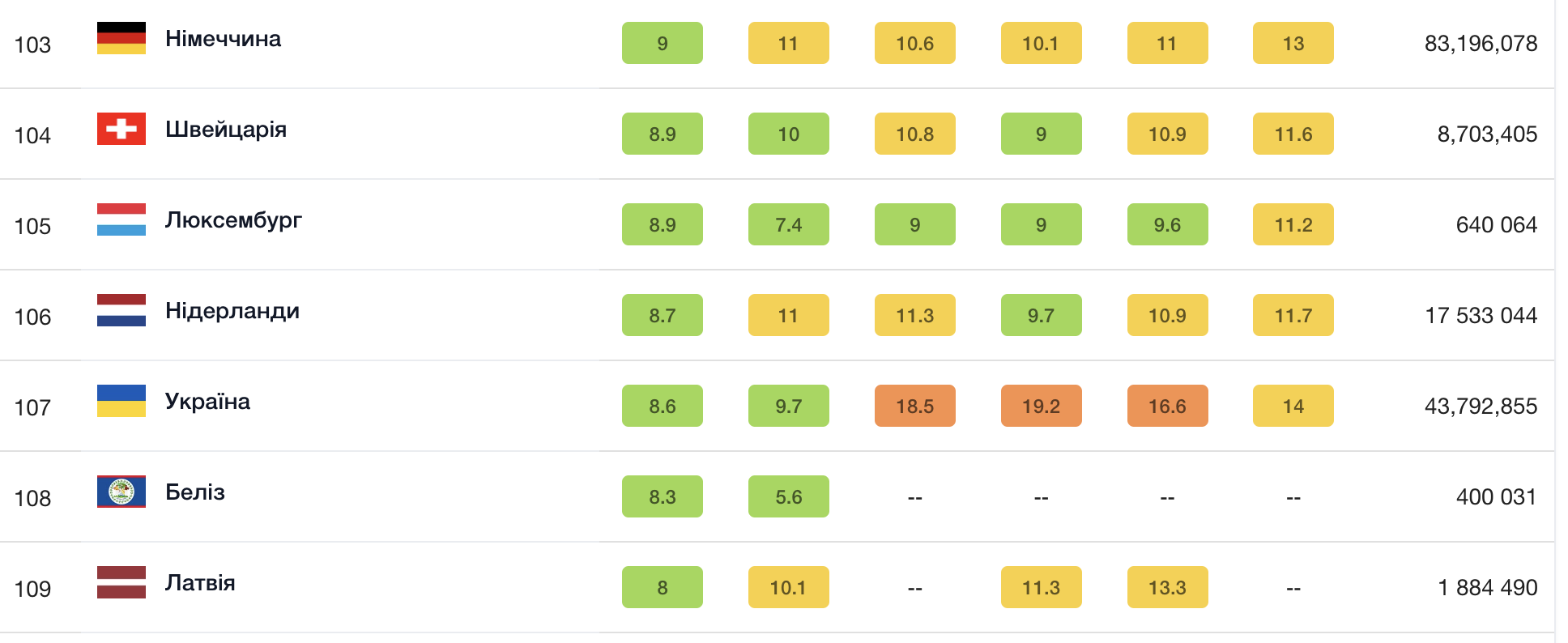
iqair.com
The report analyzed data from more than 30,000 air quality monitoring stations in 7,812 communities. The air quality met the WHO PM2.5 guidelines in:
- Australia;
- Estonia
- Finland
- Grenada
- Iceland; and
- Mauritius;
- New Zealand.
The study showed that the top 5 countries with the most polluted air are:
- Bangladesh – 79.9 µg/m3, which is more than 15 times the WHO annual standard;
- Pakistan – 73.7 µg/m3, more than 14 times higher;
- India – 54.4 µg/m3, more than 10 times higher;
- Tajikistan – 49.0 µg/m3, more than 9 times higher;
- Burkina Faso – 46.6 µg/m3, more than 9 times.
IQAir emphasized that 124 (92.5%) of 134 countries and regions exceeded the annual WHO recommended value of PM2.5 of 5 µg/m3.
It is noted that Africa remains the most underrepresented continent, where a third of the population still does not have access to air quality data.
The report emphasized that Central and South Asia is home to the ten most polluted cities in the world. In particular, India has four cities with the most polluted air.
"A clean, healthy and sustainable environment is a universal human right. In many parts of the world, the lack of air quality data delays decisive action and causes unnecessary human suffering. Air quality data saves lives. Where air quality is reported, action is taken and air quality improves," said Frank Hammes, CEO of IQAir.
Aidan Farrow, Senior Air Quality Scientist at Greenpeace, emphasized that this report illustrates the international nature and unjust consequences of the ongoing air pollution crisis.
"Urgent efforts are needed at local, national and international levels to monitor air quality in resource-limited areas, tackle the causes of cross-border smog and reduce our reliance on combustion for energy. In 2023, air pollution remained a global health disaster," he said.
Earlier, EcoPolitic wrote, that a study by researchers from the Barcelona Institute for Global Health (ISGlobal) showed that over the past 20 years, air quality has improved in Europe , but about 98% of people live in areas with unhealthy levels of fine particles PM2.5.
Earlier, EcoPolitics analyzed how PM2.5 dust is formed, its hazards, and ways to combat air pollution.


